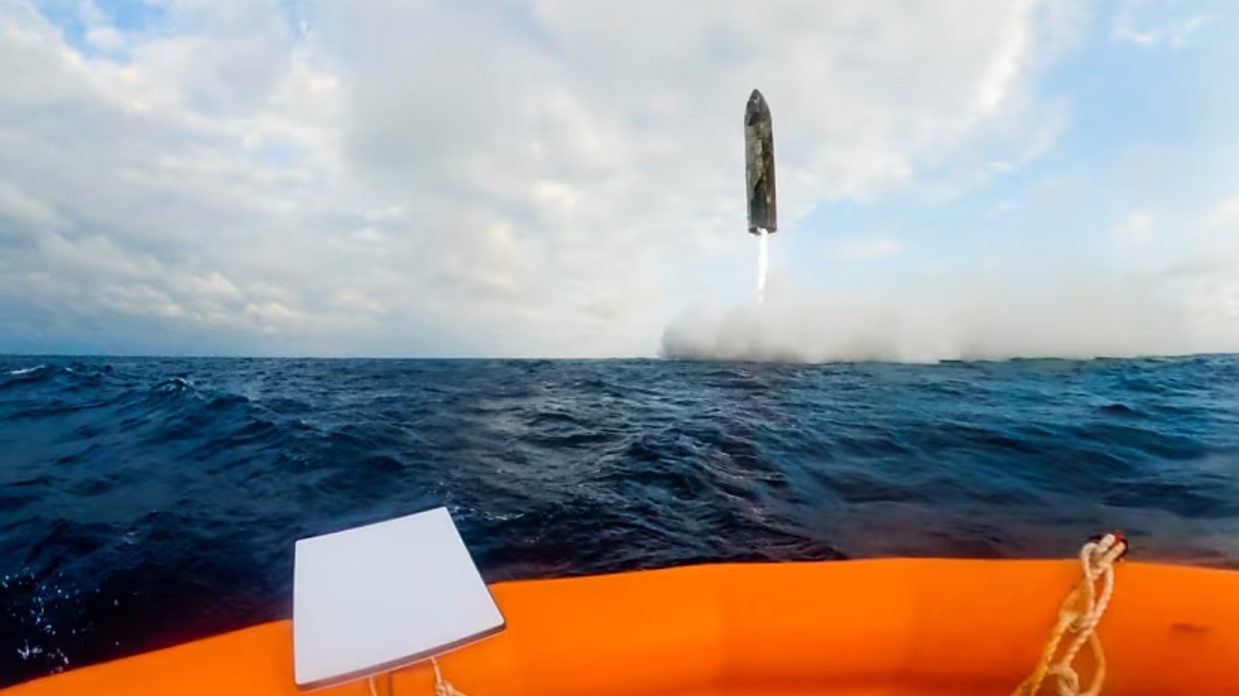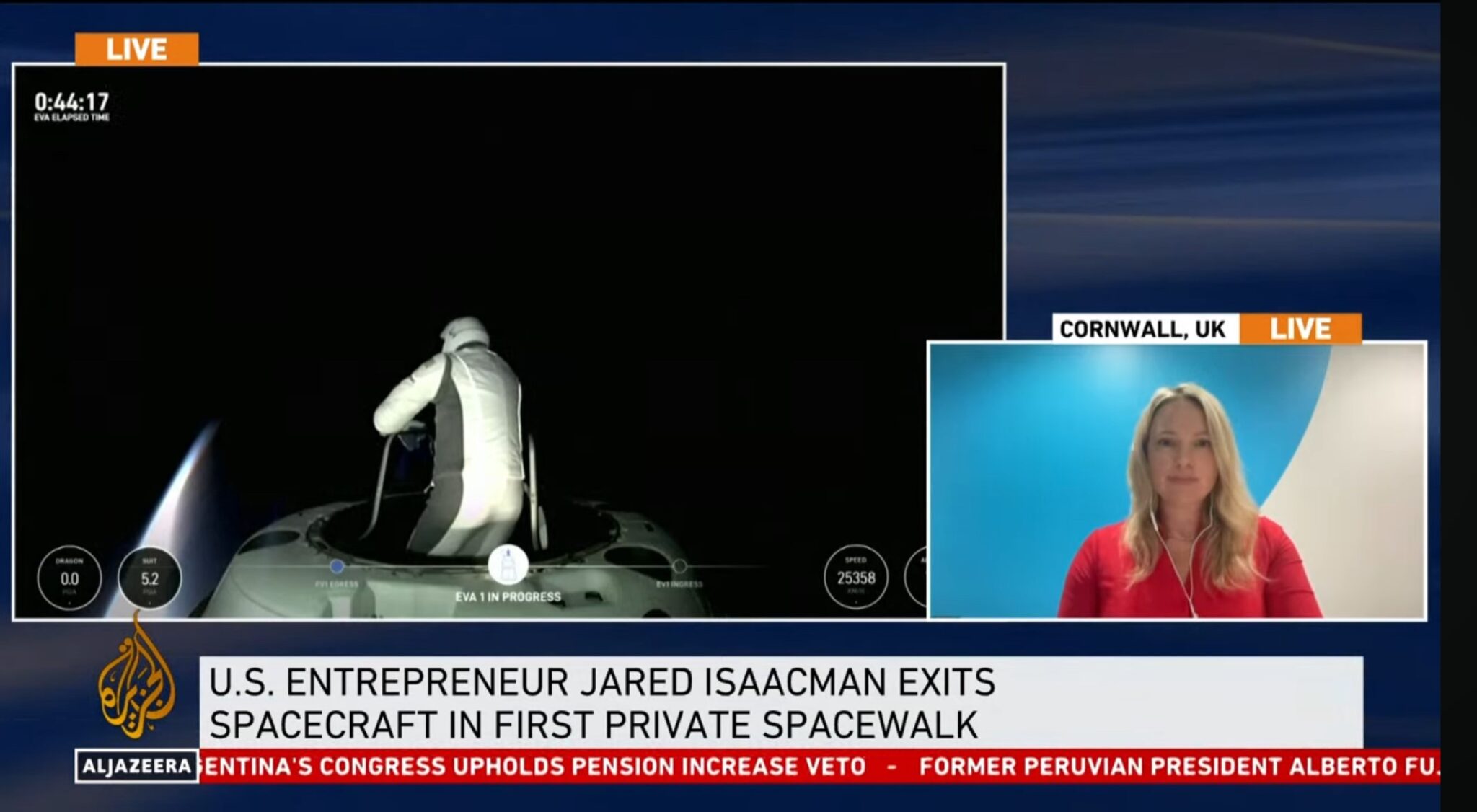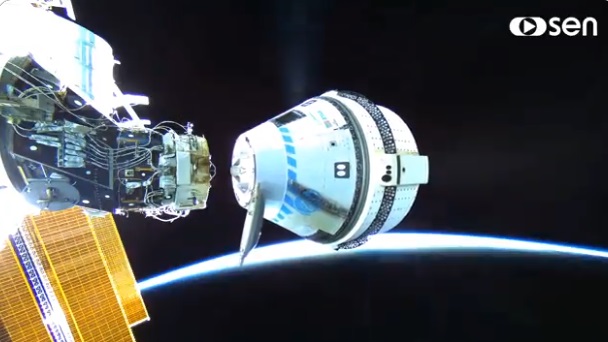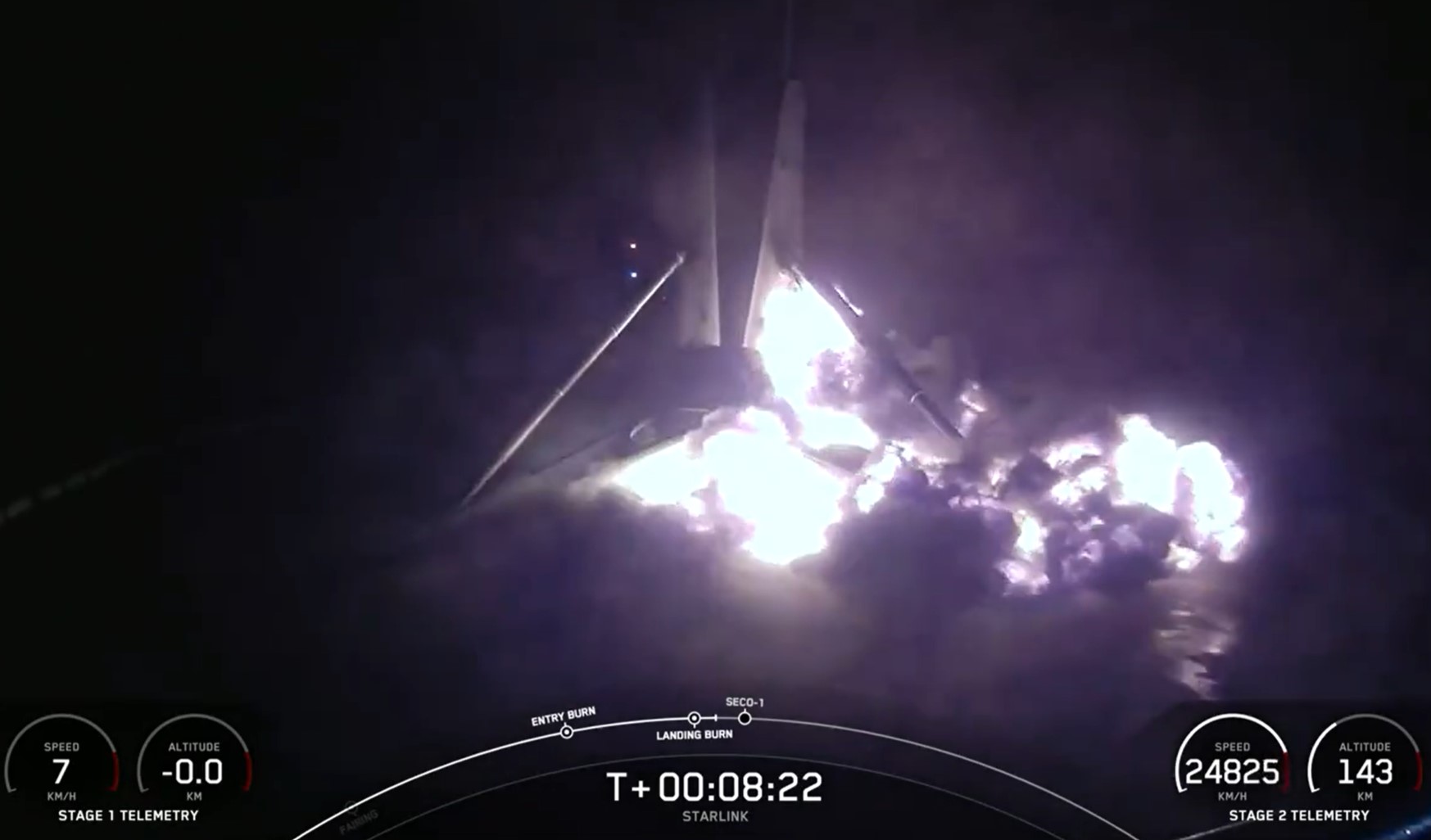Having already replaced Warren Boley Jr as its CEO in February, US rocket engine manufacturer, Aerojet Rocketdyne, has had a change of CEO again. This time it was, Scott Seymour, 64, who left at the beginning of June at short notice. He is replaced by Pratt and Whitney executive Eileen Drake. While the cause of this departure is officially retirement, it is known that Aerojet-Rocketdyne’s fortunes have waned in recent years.
For example the firm recently lost the contract to supply engines for the Orbital ATK Antares rocket after its engines were cited in a launch failure. While there is unofficial evidence that it was tank debris that was the cause of this launch failure, officially it was attributed to the modified NK-33 engines which had been upgraded by Aerojet-Rocketdyne to AJ-26 standard. The result was that the Orbital ATK rocket has decided to switch engines to another Russian design, the RD-181, losing business for Aerojet-Rocketdyne.
Meantime, as it hoped for government development funding, the firm did not proceed fast enough with the development its 1 million pound thrust LOx/Kerosene burning AJ-1-E6 design, now called the AR1. If it had been ready in time, this engine could have replaced LOx/Kerosene burning RD-180 on the Atlas V which now has severe restrictions on its flight use. The Russian government has banned them from being used on US military missions, a decision which was rubber stamped by the US Congress itself. The result was that, in its scramble to find a replacement, ULA turned to an alternative engine and propellants for its planned new Vulcan launch vehicle: the LOx/Methane burning BE-4 which is being developed by Blue Origin.
As it belatedly tests key items of the AR1 engine, Aerojet Rocketdyne still hopes that this engine might be fitted to the Atlas V by 2020 if a consortium including Aerojet Rocketdyne, Dynetics and Schafer are allowed to carry on building the Atlas V.
While such a re-engining would be much simpler to do than designing a whole new rocket like Vulcan, for the time being ULA and its Lockheed Martin part-owner, which holds most of the rights to the Atlas V design, remains committed to the Vulcan. As it is, the Atlas V currently has a high launch cost compared to its competitors and moving to the admittedly efficient AR1 would be unlikely to fix this problem on its own.








